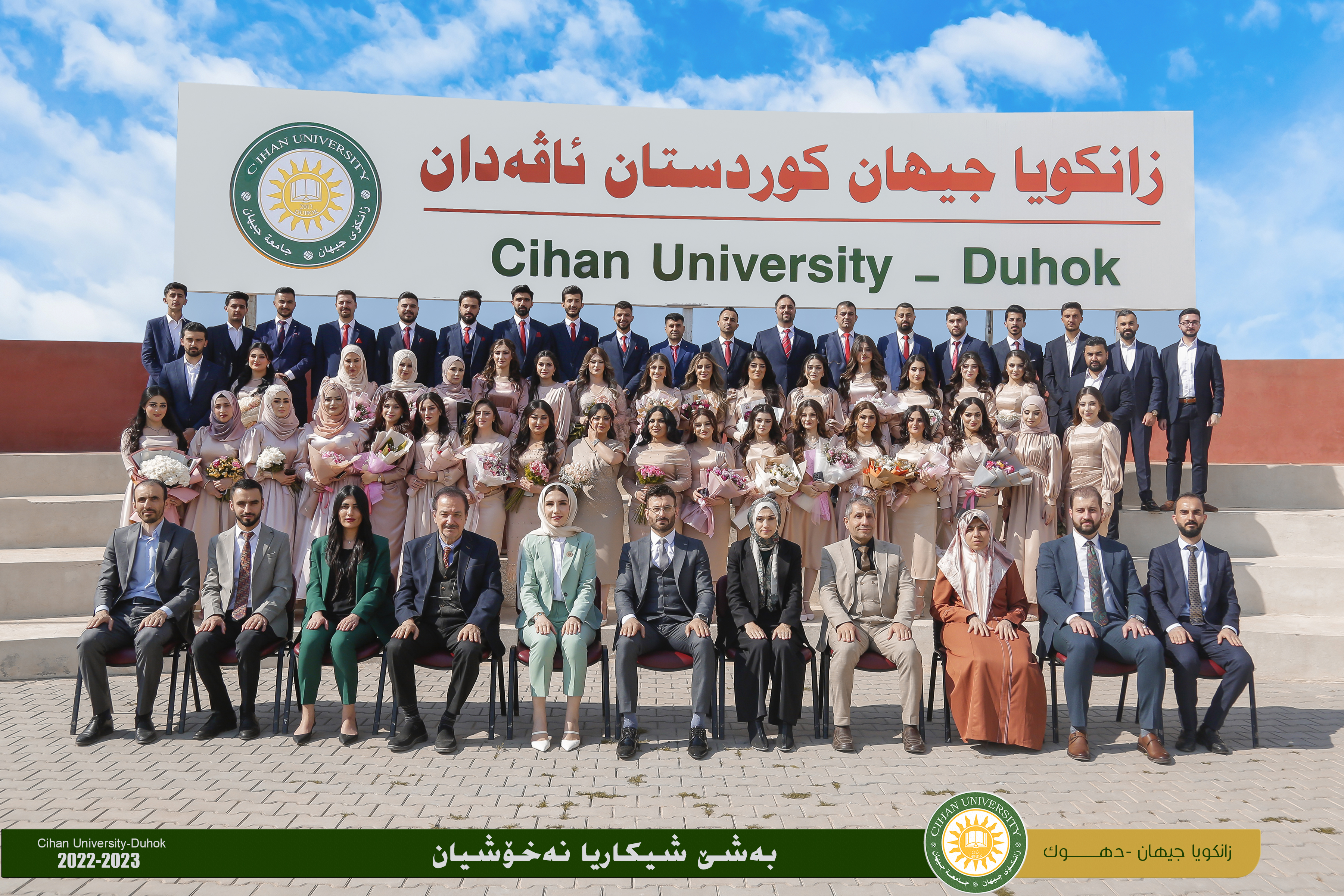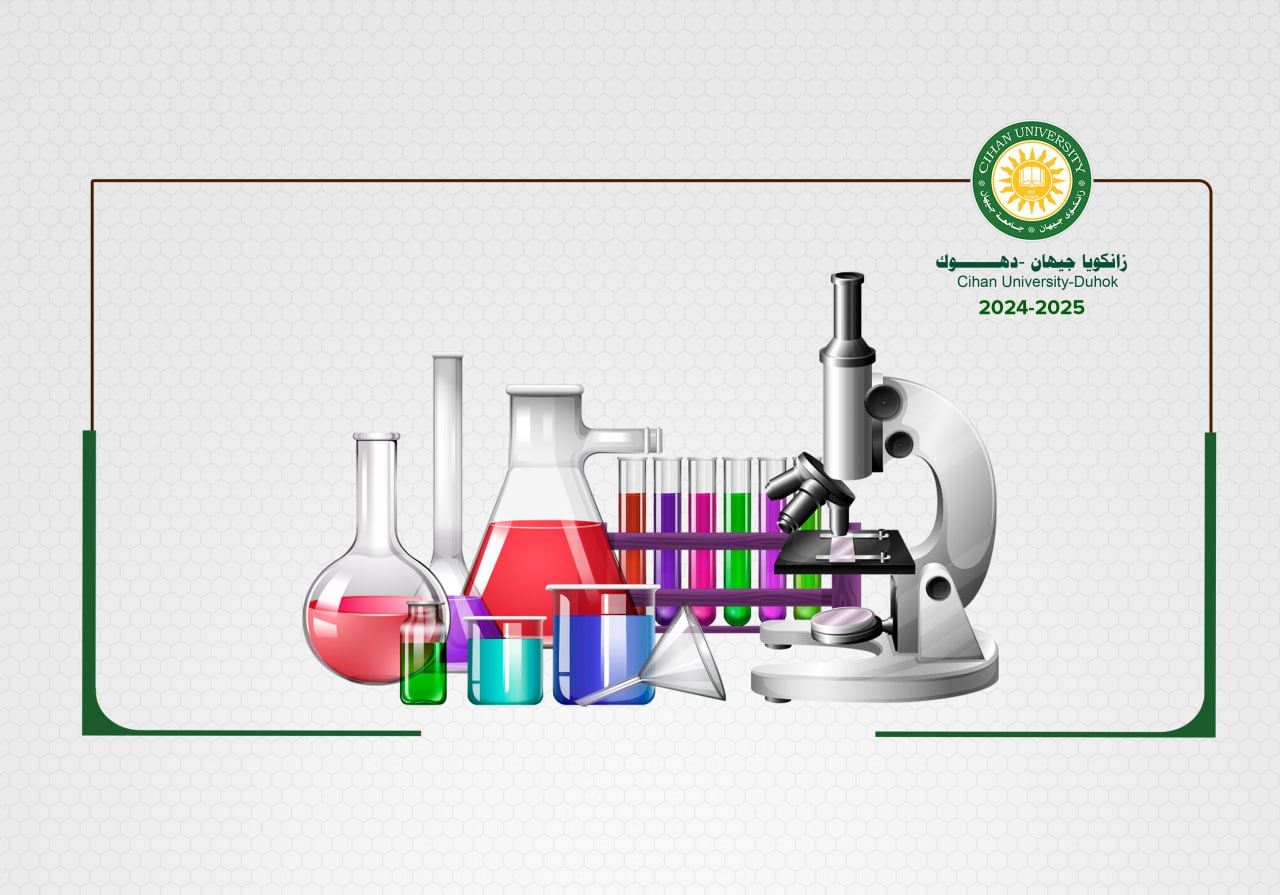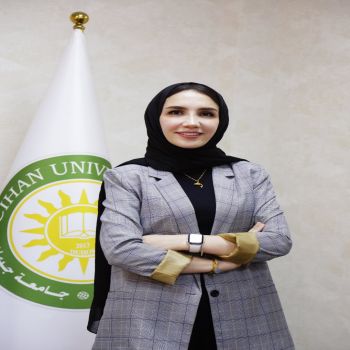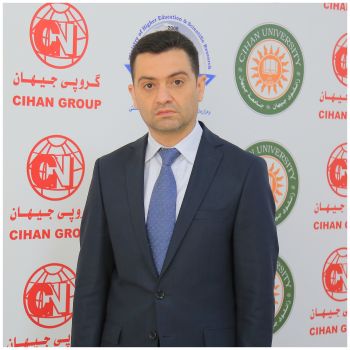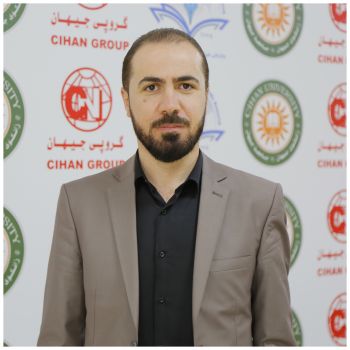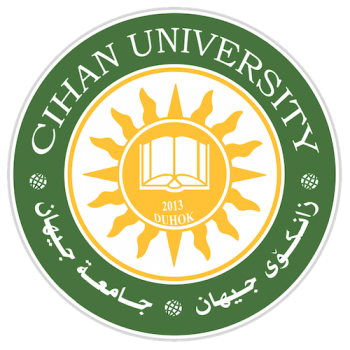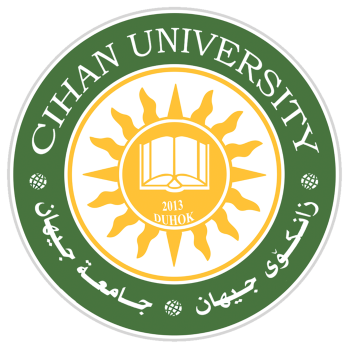The Medical Laboratory Department is dedicated to training future leaders in the field of medical diagnostics and laboratory sciences. Our program offers a comprehensive education that combines theoretical knowledge with hands-on practical experience. Students are trained in advanced laboratory techniques, analytical procedures, and the use of cutting-edge technology, preparing them to play a crucial role in healthcare settings. The department’s curriculum is designed to foster critical thinking, technical proficiency, and ethical responsibility, ensuring that graduates are well-equipped to contribute to the health and well-being of communities.
Mission
Our mission is to provide high-quality education and training in medical laboratory sciences, enabling students to become skilled professionals who are capable of delivering accurate and reliable diagnostic services. We strive to cultivate a learning environment that emphasizes scientific inquiry, technological advancement, and a commitment to ethical practices, all of which are essential in the pursuit of excellence in healthcare.
Vision
We envision the Medical Laboratory Department as a leading center of excellence in medical diagnostics and laboratory science education. Our graduates will be recognized for their expertise, innovation, and dedication to improving patient outcomes through accurate laboratory testing and analysis. We aim to continually advance our program to meet the evolving needs of the healthcare industry and to contribute to the global advancement of medical science.
Objectives
- To provide students with a solid foundation in the theoretical and practical aspects of medical laboratory sciences.
- To develop students’ proficiency in using modern laboratory equipment and techniques.
- To foster critical thinking and problem-solving skills necessary for accurate diagnostic analysis.
- To instill a strong sense of ethical responsibility and professionalism in all aspects of laboratory work.
- To prepare graduates for successful careers in various healthcare settings, including hospitals, research laboratories, and public health institutions.
Future Career Opportunities
Graduates of the Medical Laboratory Department have a wide range of career opportunities in various healthcare and research settings. They can pursue careers as medical laboratory technologists, clinical laboratory scientists, research assistants, quality control specialists, and more. Additionally, our graduates are well-prepared to take on roles in advanced research, healthcare management, and education. The demand for skilled laboratory professionals continues to grow, providing our graduates with numerous opportunities to make a significant impact in the field of healthcare.
Main Subjects Taught
- Clinical Chemistry: Principles and techniques used in the analysis of blood, urine, and other body fluids.
- Hematology: Study of blood, blood-forming organs, and blood diseases.
- Microbiology: Identification and analysis of microorganisms that cause diseases.
- Immunology: Understanding the immune system and its role in health and disease.
- Molecular Diagnostics: Techniques used in the diagnosis of genetic and infectious diseases.
- Pathology: Study of disease processes through the examination of organs, tissues, and body fluids.
- Laboratory Management: Principles of managing laboratory operations, quality control, and safety protocols.
